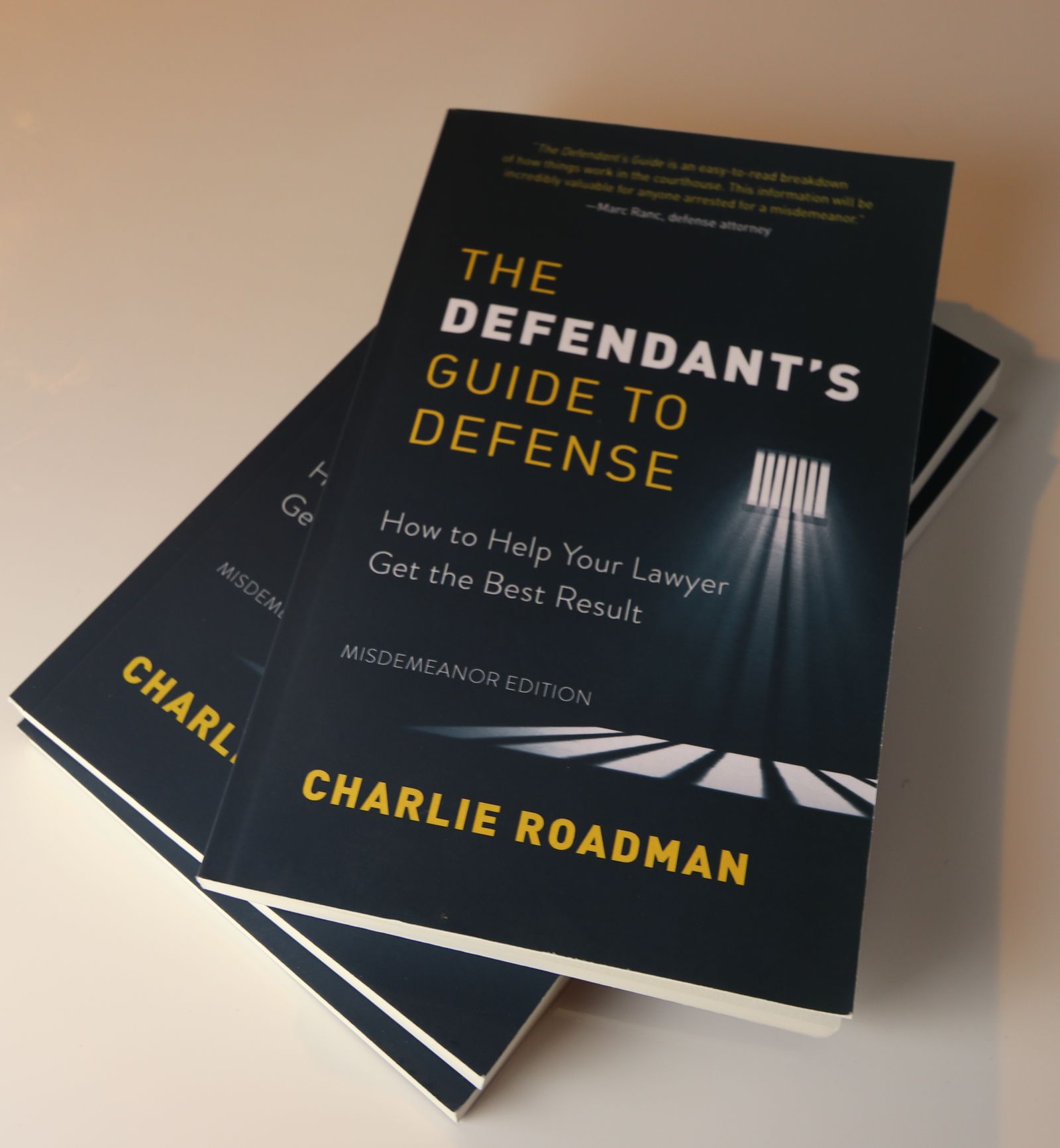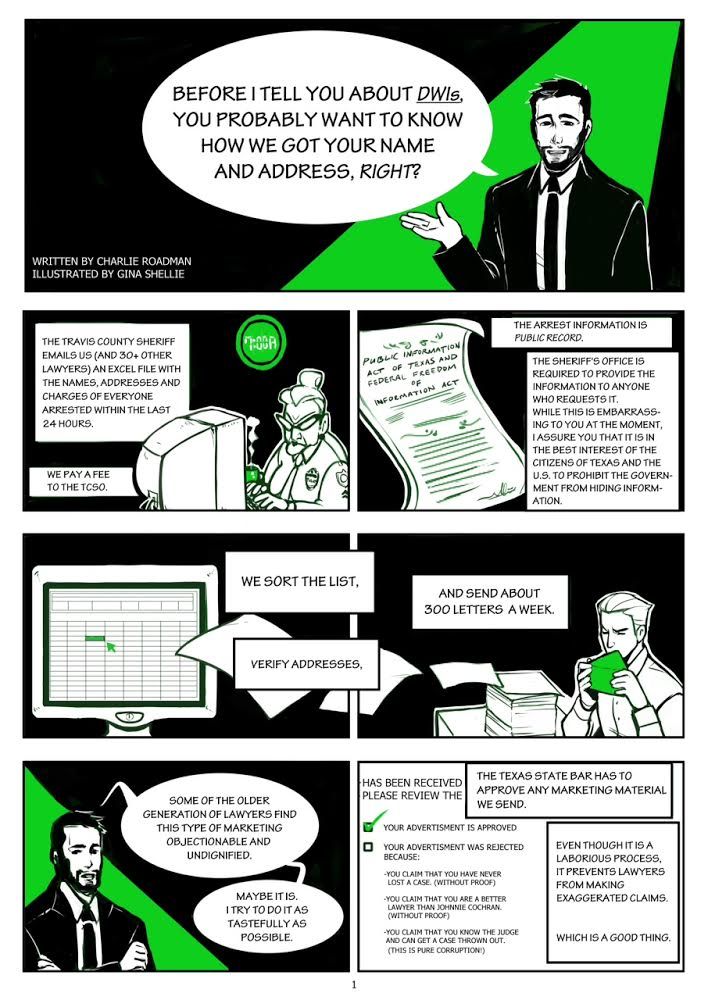The Process of a Criminal Case
The Process of a Criminal Case
Charlie dives into each step of a criminal case and how his team helps clients through the process
FAQs
Q: What role does the judge play in a criminal case?
A: The judge oversees several key aspects in a criminal case. They are responsible for setting and enforcing bond conditions, ensuring defendants comply with court orders, and deciding on court dates. Judges also preside over hearings and disputes, including suppression hearings and conflicts between defense attorneys and prosecutors. Furthermore, they approve and finalize plea bargains, oversee trials, and act as a referee to ensure fairness in the courtroom.
Q: How are court dates determined in a criminal case?
A: Court dates are ultimately decided by the judge. While defense attorneys or prosecutors can request a specific date, it is the judge who makes the final decision to ensure the case progresses efficiently. The timeline for a case varies, but a misdemeanor typically takes between eight months to two years.
Q: What does the prosecutor do in a criminal case?
A: The prosecutor's role involves reviewing evidence, negotiating with defense attorneys, and deciding on plea bargains. They assess videos, police reports, and additional evidence to build their case. The prosecutor also represents the government during trials and attempts to prove the defendant's guilt.
Q: What is the defense attorney's responsibility in a criminal case?
A: The defense attorney reviews evidence to find anything that might indicate the defendant's innocence or constitutional violations by the police. They advise clients on how to behave and improve their case outcomes, negotiate with prosecutors for case dismissal or reduced punishment, and manage the case's progression through the court system. If necessary, they represent their clients in jury trials.
Q: Can a judge reject a plea bargain?
A: Yes, a judge has the authority to reject a plea bargain if they deem it not stringent enough. However, judges typically approve and finalize plea bargains once offered and accepted.
Q: What happens if a plea bargain is not accepted?
A: If a plea bargain is not accepted, the case goes to trial, either with a jury or just with a judge presiding. The prosecutor will attempt to convict the defendant, while the defense attorney will represent the defendant's interests.
Q: How does a defense attorney assist their client?
A: A defense attorney advises clients on legal strategy and behavior, handles legal paperwork, ensures the correct progression of the case through the court system, and represents the client in a trial if necessary. They aim to either negotiate a dismissal or minimize the punishment.



